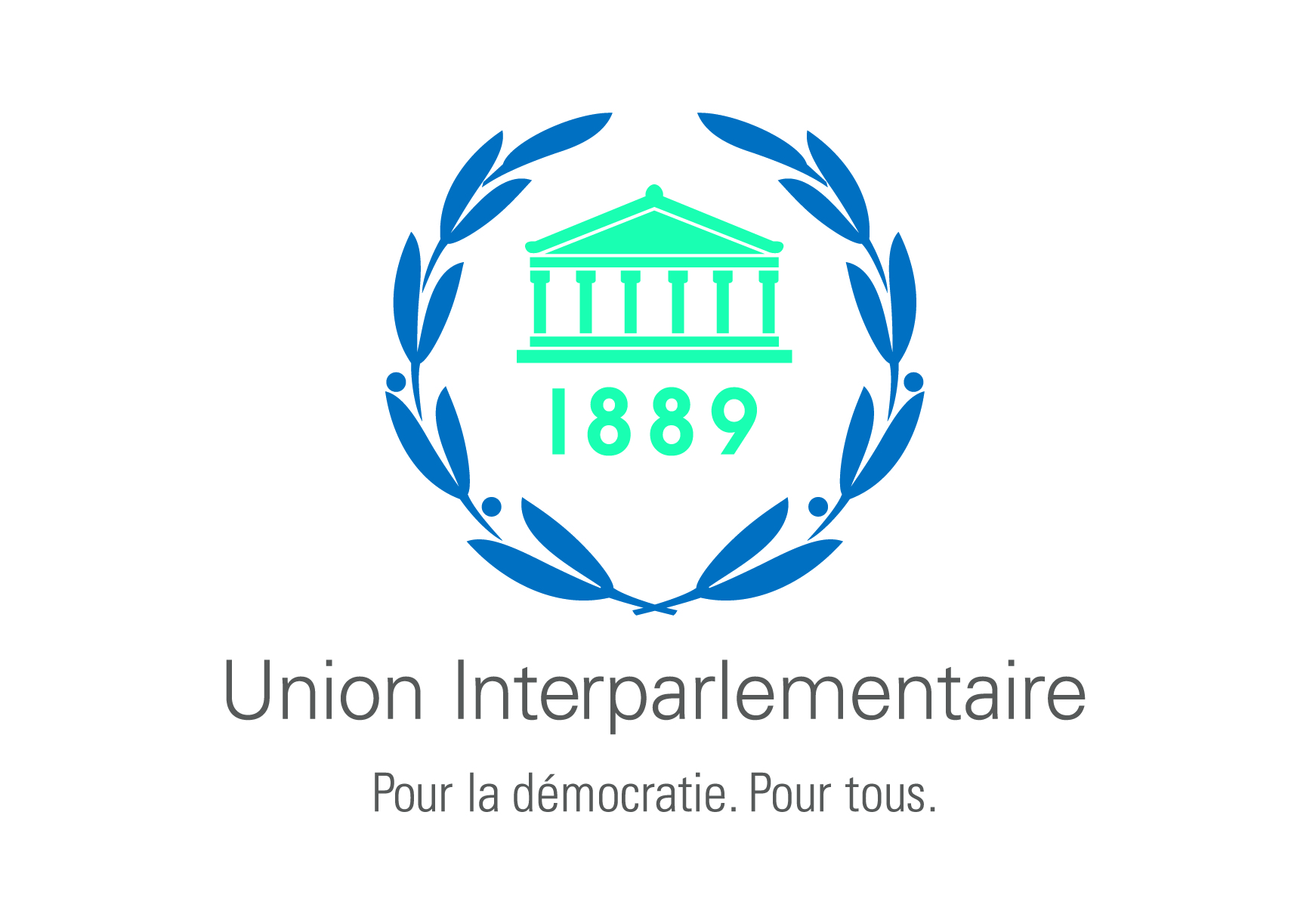Catégorie
Ont collaboré à ce numéro
 BAD, CIC
BAD, CIC ECOFIN
ECOFIN Gorgui Wade NDOYE
Gorgui Wade NDOYE Handicap Intern.
Handicap Intern. Handicap Internation
Handicap Internation IPU
IPU M. Alioune TINE
M. Alioune TINE Ms Anoushka RAI
Ms Anoushka RAI UIP
UIP Zeid Ra'Ad Hussein
Zeid Ra'Ad Hussein Compte Utilisateur
Audios
Souscription
Le groupe
Directeur de publication
· Elh Gorgui W NDOYE
Rédacteur en chef
· Elh Gorgui W NDOYE
Comité de Rédaction
·
El hadji
DIOUF
·
Papa Djadji Guèye
·
Responsable Informatique
· Alassane DIOP
Responsable Gestion
· Cécile QUAN
Webmaster
· REDACTION
Contact
Salle de Presse
N0 1 Box 35
8, Avenue de la
Paix Palais des Nations Unies
1211- Genève 10 Genève Suisse.
Téléphones
+41 22 917 37 89
+41 76 446 86 04
Service
Téléphone
· Suisse:
+41(22)917 37-89
+41(76)446-86-04
Ou envoyez un courriel à Info@ContinentPremier.com
Autres Liens
WOMEN IN PARLIAMENT: A LITTLE INCREAS SAYS IPU.
 A new report released by the IPU shows little increase regarding the number of women in parliament in 2015. 22.6% of women are currently members of parliament. This contrasts with figures from 2013, during which there was double the average rate of increase in recent years (1.5% increase).
A new report released by the IPU shows little increase regarding the number of women in parliament in 2015. 22.6% of women are currently members of parliament. This contrasts with figures from 2013, during which there was double the average rate of increase in recent years (1.5% increase).
Geneva, Switzerland: The Inter- Parliamentary Union (IPU), which works very closely with the United Nations published a report important information related to the number of women in parliament. Unfortunately, the percentage of women recorded to be working in parliament in 2015, reflects only a minuscule increase compared to a report issued in 2013. Whilst the 2013 statistics were considered to be extremely encouraging, the 2015 report states that 2015 provided only a glimmer of hope concerning the role and presence of women in parliament.
Despite some success in certain regions worldwide, there has only been 0.5% increase of female members of parliament in the past year. 2013 had shown a 1.5% augmentation, and this had made many people very hopeful of a positive future growth rate and hopeful of more gender equality. However, last years statistics highlight a weak increase.
Moreover, in their report, the IPU underlines only a 6.4% rise in the past ten years and the 2015 report does not suggest a promising change, in light of the minuscule increase.
Martin Chungong, Secretary General of IPU stated that: “ These statistics reflect an urgent need for new solutions and for a change of people’s outlook regarding the role of women in parliament. Only then would it be possible to achieve our ambitions regarding the emancipation of women and their contribution to politics”.
However, this slow increase of women in parliament contrasts with a greater increase of female presidents within parliament. According to the IPU report, women accounted for 17,9% of heads of parliaments. Therefore, on a more positive note, given that presidents of parliament have more of a political influence on national plans, these presidents can be example to women in parliament. Furthermore, they can also play a strong role in changing attitudes towards women in politics and implementing the necessary requirements to bring more women into parliament.
Anoushka Rai, under the supervision of Gorgui.W.NDOYE.

Nous lire dans
· FaceBook
Tweet· Twitter